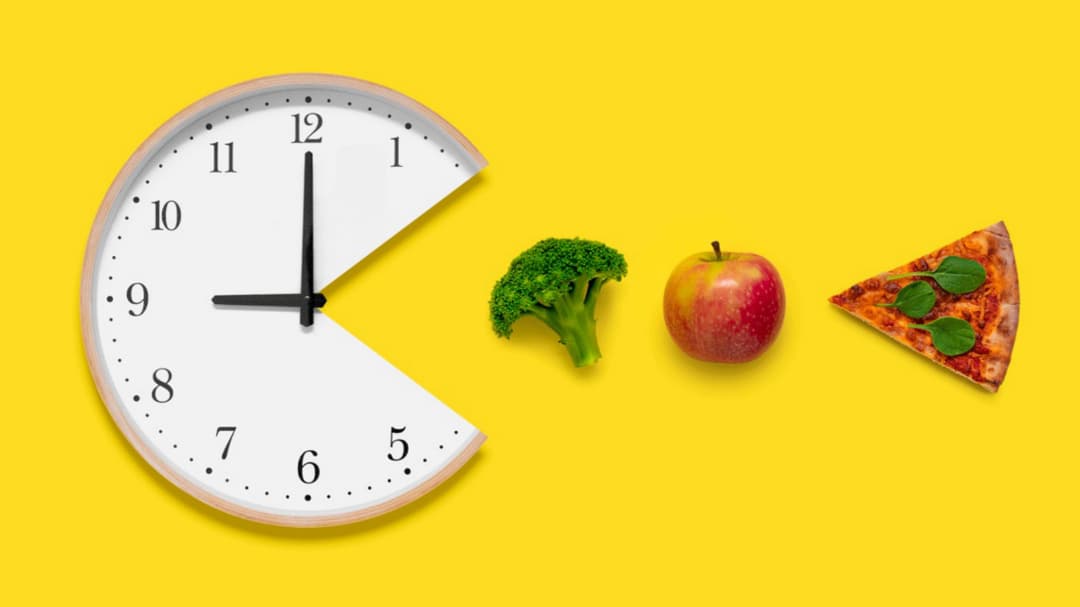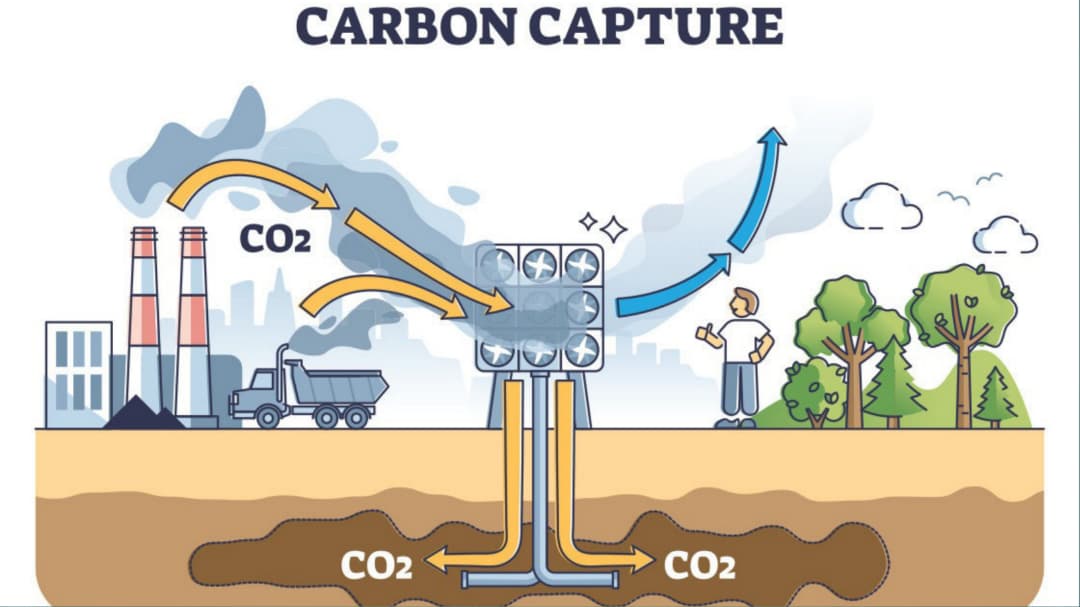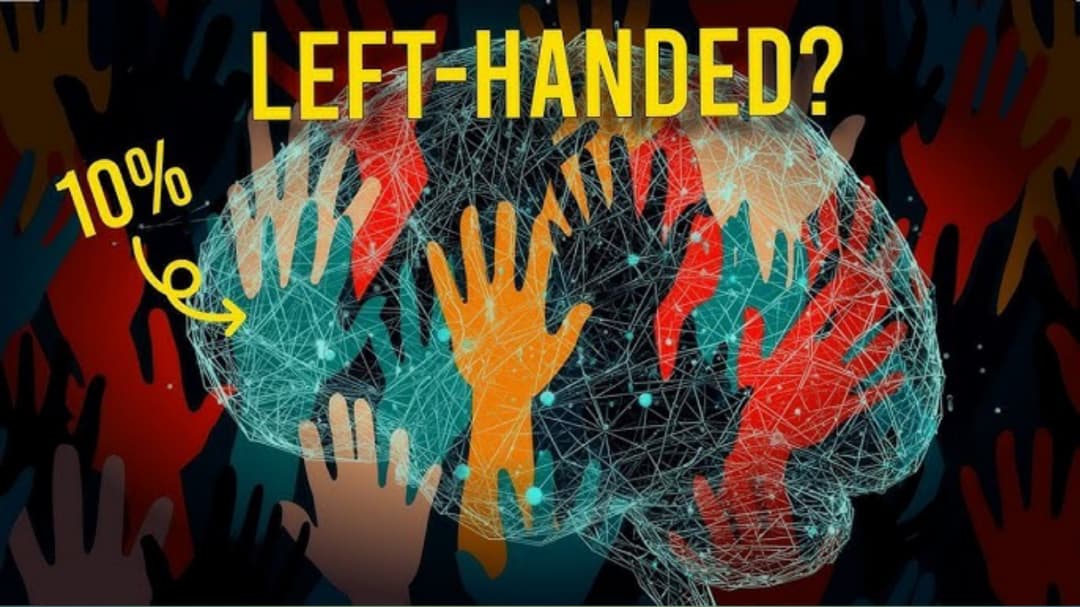Three Classes, One Economy: The Quiet Financial Pressures Restructuring Family Budgets
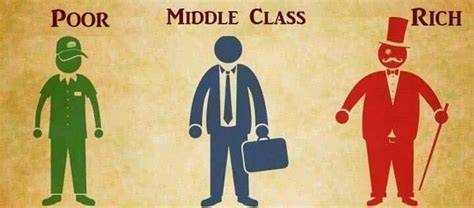
The middle class stretching wages to cover essentials, the wealthy recalibrating investments in a shifting economy, and lower-income households making daily sacrifices just to get by. From what ends up on the dinner table to decisions about schooling, transport, and leisure, the unseen weight of financial pressures is reshaping how people live, spend, and plan for the future, often without them realizing it.
The Middle Class in Flux
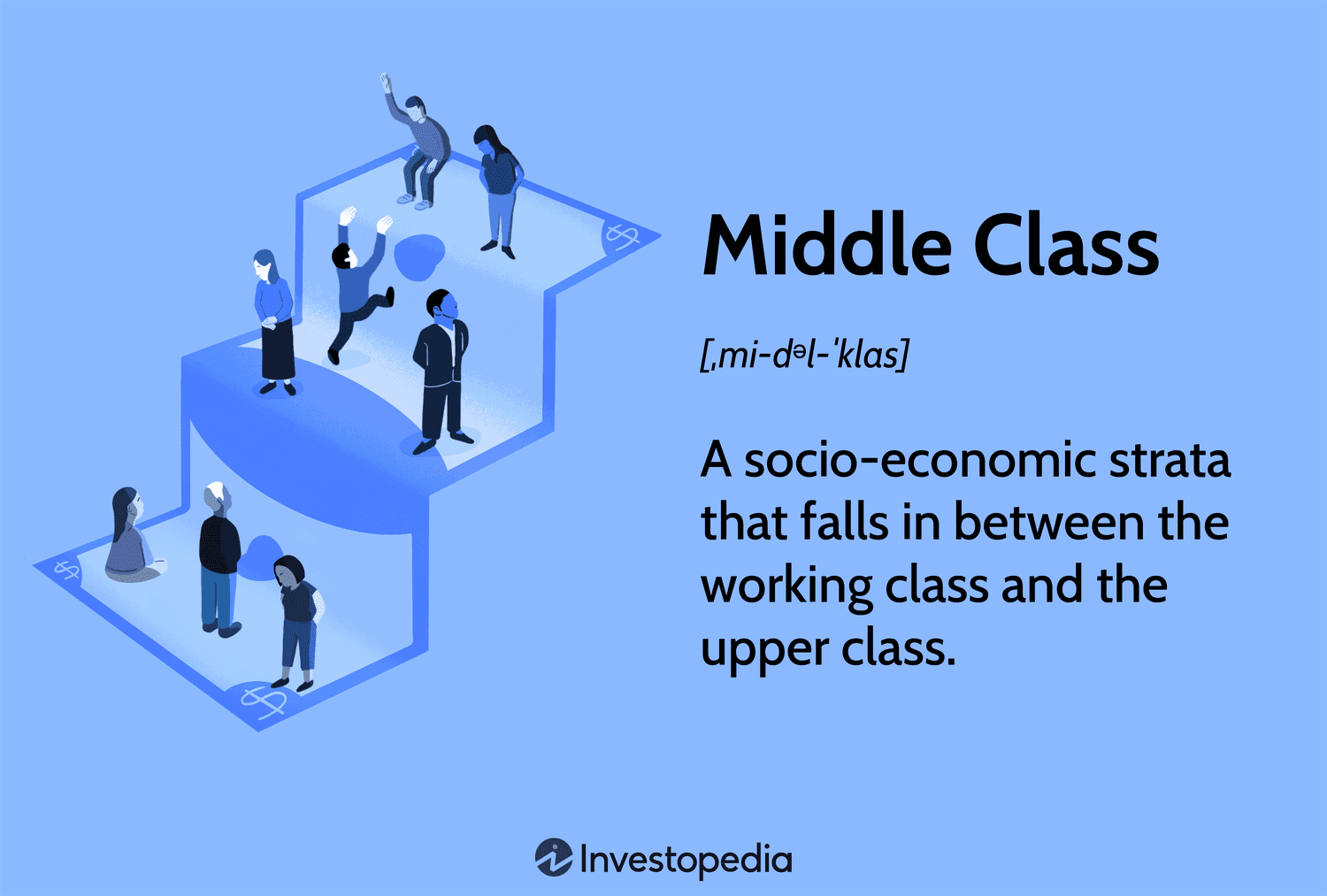
There was a time when being middle class meant breathing room: enough income to cover school fees, rent, and a little more. Now, that room feels tight. Inflation in Nigeria surged to 24.23% in March 2025, according to the National Bureau of Statistics, driven by steep rises in food, transport, and housing costs.
For many middle-income families, the rising cost of staples is upending their financial plans. Food inflation alone hit 21.79% in March, pushing families to make hard trade-offs. Rent is another silent burden. States like Lagos, Kaduna, and others are among the most expensive in Nigeria, making housing costs a major part of monthly expenses. Suddenly, the dream of owning a home feels distant, not just because of high prices, but because maintaining stability has become harder than ever.
Amid these pressures, middle-class families are rethinking everything: school fees, utility usage, transport, even how often they eat out. Their spending now comes with a constant question: “What can we afford without breaking everything else?”
Wealth with a Caution
For Nigeria’s more affluent households, financial stress is not about survival, it's about strategy. The rising cost of living is forcing even the wealthy to recalibrate: investments are rebalanced, luxury purchases delayed, and savings shielded more carefully.

One businessman, speaking anonymously, noted how recent inflation and economic reforms have changed his priorities. “I’m not worried about paying rent or feeding my family," he says, "but I’m rethinking some of my long-term plans. Market volatility is real. You don’t just spend; you hedge.”
Fuel subsidy removal, naira devaluation, and global economic shifts are complicating the landscape. Even with resources, the wealthy are now navigating a different kind of risk not of running out, but of losing momentum.
Survival at the Edge
In stark contrast, lower-income families are often just holding on. For them, inflation doesn’t mean tweaking a budget, it means crisis budgeting. With over 129 million Nigerians estimated to live below the national poverty line, according to recent reports, many households are being forced to make gut-wrenching decisions.
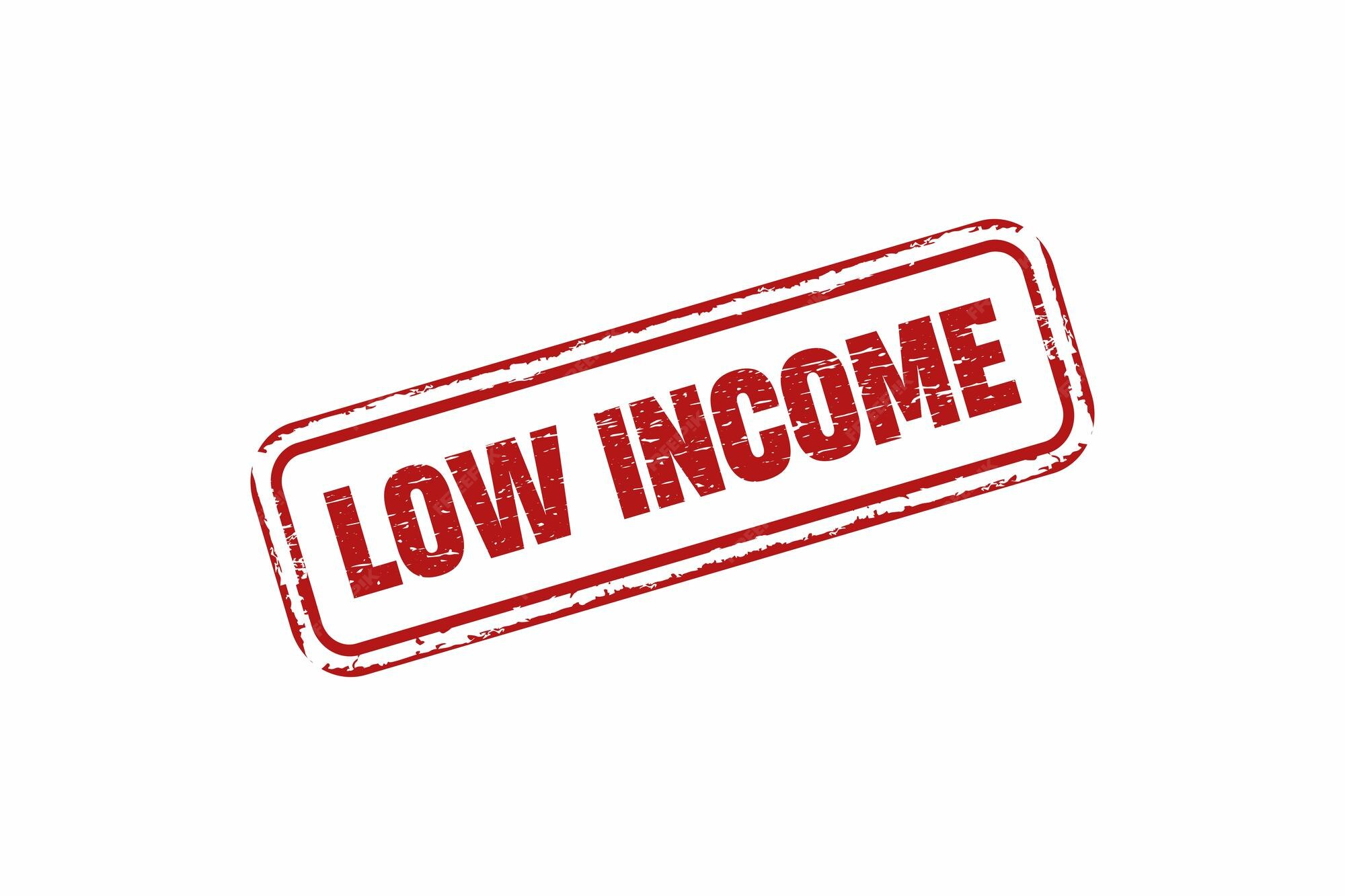
Take the cost of food: according to TechCabal, preparing a pot of stew, a staple for many now costs 121% more than just a year ago. That kind of jump is not merely inconvenient; it’s transformative for household spending. When every naira matters, the increase forces people to stretch, borrow, or skip meals entirely.
Transport and housing costs pile on top of food. When you’re earning on the margins, a rise in any of these categories can push you into survival mode, not just inconvenience. People make heartbreaking cuts: smaller portions, delayed healthcare, fewer school supplies.
Though lived differently, the pressure is felt across all classes. Inflation is the thread that links them: nobody is immune to rising costs in food, transport, or housing.
But how they respond differs:
Middle-class families juggle savings and daily essentials, cutting luxuries but holding onto hopes for the future.
Wealthier households shift investments and delay big-ticket lifestyle changes, protecting their long-term wealth.
Lower-income households shrink their spending dramatically, often sacrificing quality of life or security just to get by.
Money doesn’t just challenge finances, it shapes how people feel, live, and dream. For a middle-class parent watching school fees rise, the anxiety is constant. “Am I giving up on the plan I made for my child?” becomes a recurring question.
Among the poor, daily survival can feel dehumanizing. Receiving help, relying on community networks, or making trade-offs sometimes comes with a quiet shame. But it also breeds resilience: resourcefulness, shared sacrifice, and a fierce will to provide for family no matter how tight things get.
Even the wealthy carry emotional burdens, though different. They wrestle with responsibility — not only managing their fortunes but also shielding their children and business interests from turbulence in a fragile economy.
Redefining How Families Budget
Faced with these pressures, many households are fundamentally reworking their budgets. Essentials like rent, food, and school fees are prioritized. Everything else, from subscriptions to weekend plans, is being re-evaluated.
Some families are relying more on budgeting apps and digital tools to track spending.
Others are leaning into community savings or rotating credit systems.
And more than a few are changing long-term habits: buying local instead of imported, delaying non‑essential purchases, or simply spending less.
In some communities, informal networks are acting as buffers: friends and neighbors pool money or share resources to survive together. In more affluent circles, professional financial advisors are helping to navigate volatile markets.
The Economic Ripple Effects
This isn’t just a household story, it's a national one. When large numbers of people tighten their belts, it affects demand: non‑essential spending drops, businesses feel it, and sectors like travel, retail, and hospitality suffer.
These pressures also strain public policy. With so many living on tight margins, government safety nets and cash‑transfer programs become more necessary, yet more difficult to sustain. Economic reform loses public legitimacy when ordinary people feel left behind.
Over time, this struggle could deepen inequality. If middle-class families shrink and the poor cannot escape poverty, social mobility stalls. The economy risks bifurcating into those who can adapt and those who cannot.
Despite the weight, Nigerians are adapting. Many families carry hope alongside hardship.
There’s determination in how they budget. There’s creativity in how they find community support. And where opportunities exist through technology, informal networks, or smart investments, they are being seized.
This resilience isn’t about denial; it’s about survival and dignity. It’s about believing there’s a way forward, even when every month feels like walking a tightrope.
The current moment feels like more than a crisis, it’s a pivot. Families across classes aren’t just cutting costs; they’re rethinking how they live. They are saying, without always saying it: “We’ll adapt, but we won’t lose ourselves.”
For policymakers, businesses, and civil society, that message matters. The stress isn’t simply financial, it’s existential. And how Nigeria responds will define its social and economic trajectory for years to come.
In the end, money may be whispering, but its impact is loud. It is restructuring budgets, redefining dreams, and reimagining what stability means. The economy they share is the same; the burden, however, is not.
You may also like...
Garcia Dominates Barrios, Claims First WBC Title in Thrilling Bout!

Ryan Garcia secured his first major world title by defeating Mario Barrios for the WBC welterweight championship in Las ...
BAFTA Film Awards 2026: Winners Revealed Live & Global Broadcast Details Emerge!

London's awards season saw a new South Asian industry gathering alongside the 79th BAFTA Film Awards, celebrating divers...
Pop Star Charli XCX Hilariously Responds to Dave Grohl's Viral 'Apple' Dance

Charli XCX reacts to Dave Grohl's viral "Apple" dance on The Graham Norton Show, where Foo Fighters performed their new ...
Inspiring Insights: A New Mom's Tech Journey Revealed!

Blessing Ezeobioha shares her remarkable journey of building a thriving cybersecurity career while navigating the challe...
XRP Under Siege: Critical Bug Spurs Urgent Ledger Fixes!

The XRP Ledger Foundation is addressing a bug found in the batch amendment, urging validators to veto it while preparing...
Crypto's Quantum Catastrophe? Mt. Gox Ex-CEO Issues Dire Warning!
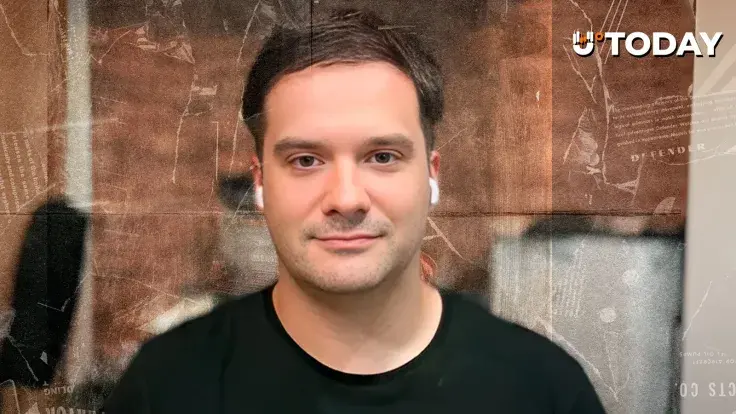
Bitcoin's long-term security against quantum computing threats is debated, with former Mt. Gox CEO Mark Karpelès highlig...
Chaos for Travelers: Homeland Security to Suspend Global Entry, TSA PreCheck

The US Department of Homeland Security is suspending its TSA PreCheck and Global Entry airport security programs due to ...
Epstein's Secret UK Ties: Countess Millionaire Exposed as 'Baby' Contact in Government Scandal

Newly released emails reveal the extensive and intimate two-decade-long friendship between German countess Nicole Junker...

